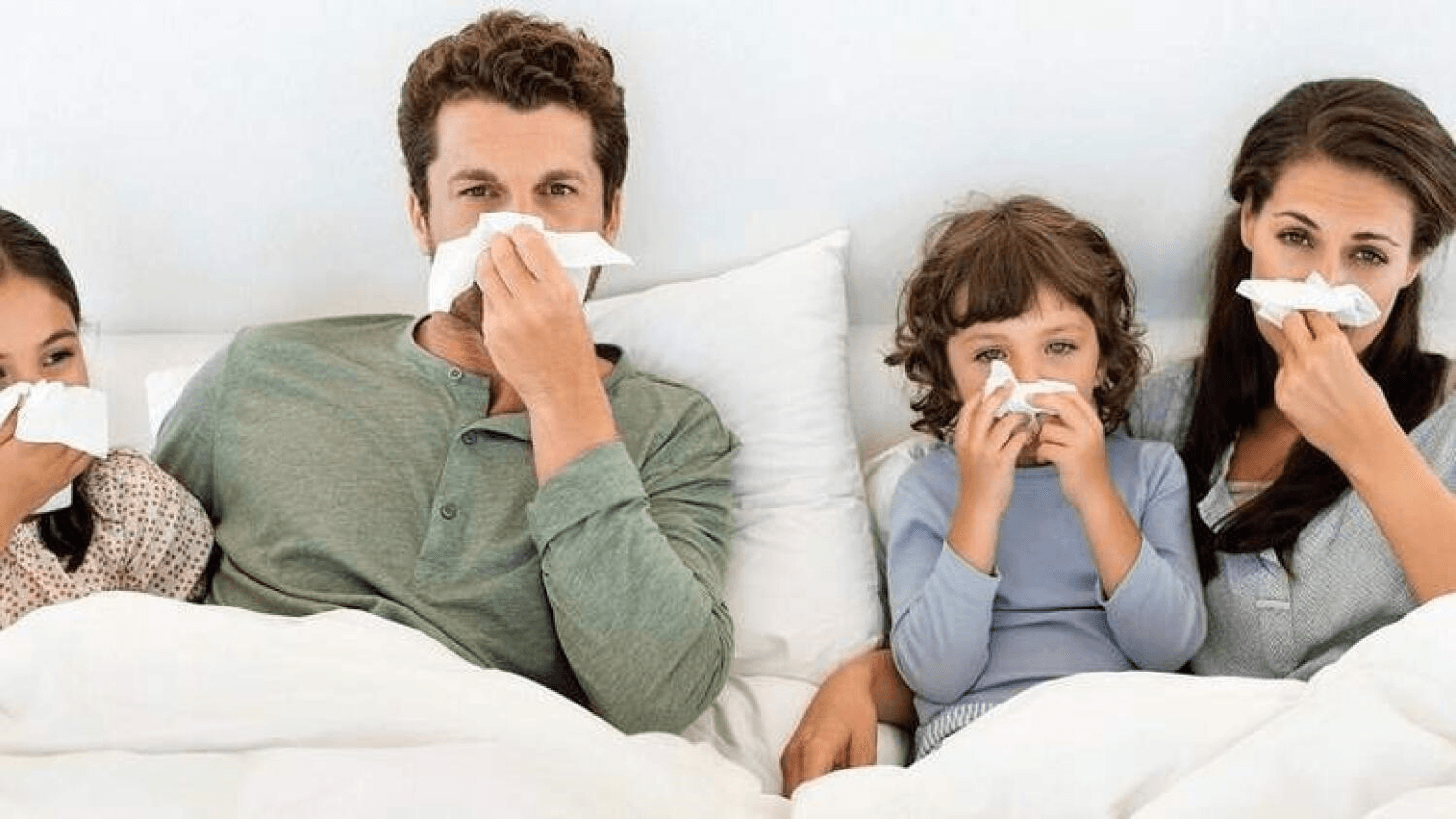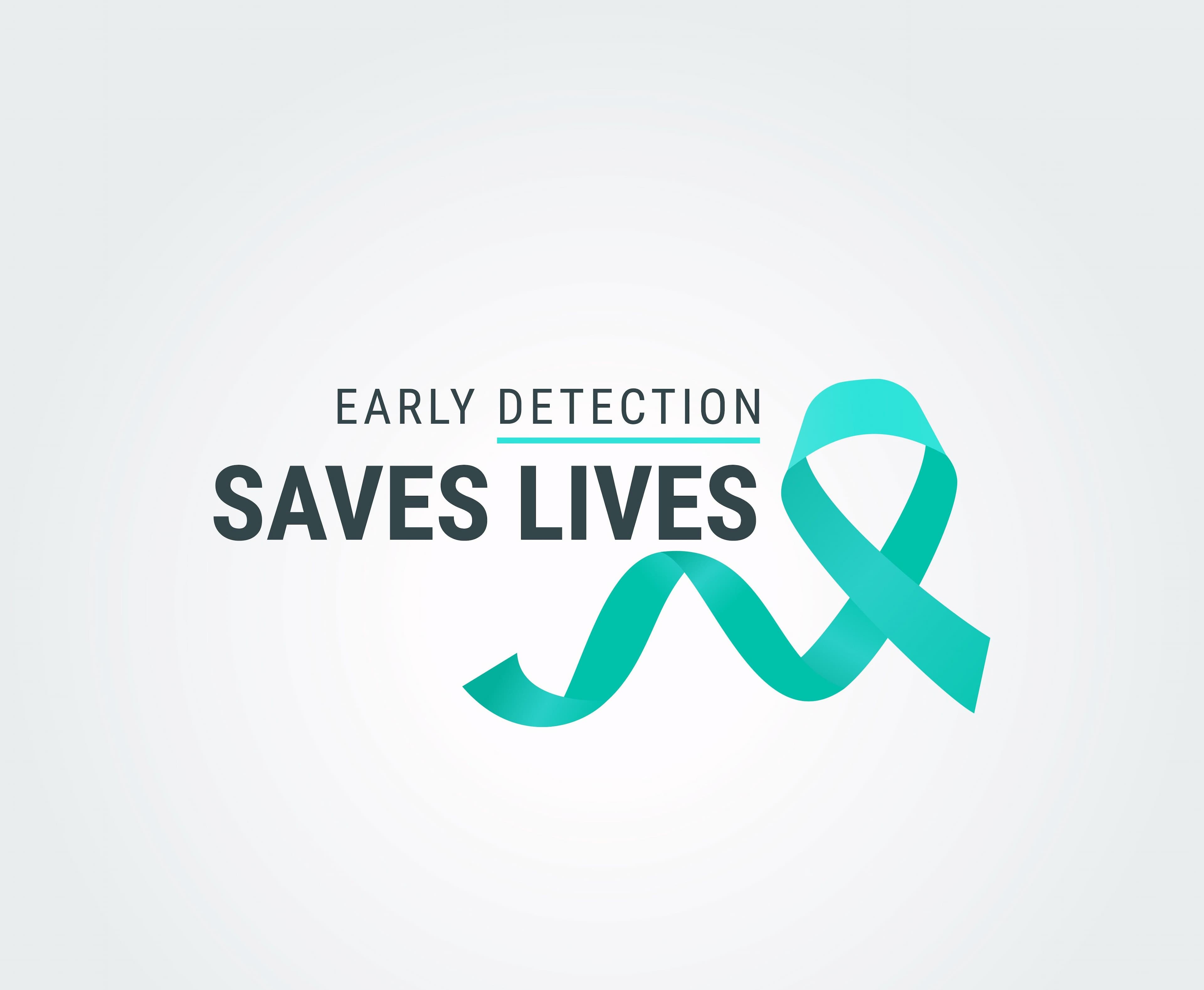
UAE doctors prepared for potential spike in flu cases as summer break comes to an end
In many cases, bed rest, intake of more fluids, warm drinks, vitamin C, and eating healthy food are enough to prevent common diseases
With the return of vacationing residents, change in weather, and shift from a relaxed summer break to more hectic daily routines, UAE doctors say there is a potential surge in various health concerns.
These include the rise in flu cases, heat exhaustion, dehydration, and other common illnesses.
Although exact figures are hard to predict, healthcare professional said they are attuned to the seasonal spike in health concerns.
Dr. Nuran Danaci, family medicine specialist at Canadian Specialist Hospital in Dubai, spoke with Khaleej Times. “There are two reasons for the increase in common illnesses such as flu or diarrhea after summer vacation. First is the increase in population (with the return of residents from abroad) as most of the common diseases spread through droplets or direct physical contact, especially in shared places like schools or offices. Second, is due to seasonal change as it triggers allergies and it can cause a predisposition for infectious diseases. Also, the weather gets colder and drier which can lead to common illnesses.”
“Common illnesses that we expect are flu, common cold, diarrhea, pink eye and bronchitis,” she added.
Mild with no serious complications
Dr. Kareemeldeen Talaat Mahmoud Mohamed Salem, general practitioner at Prime Hospital Dubai, said, “Actually, we have already started facing this problem (spike in common diseases) and we suppose that it will increase in the coming days by the end of summer vacation.”
“Travellers are more prone to infectious diseases mainly due to change of both environmental and climate conditions. When they travel to a colder climate, they can more easily get respiratory diseases and flu-like infections and if they travel to heavily polluted countries or countries with lower quality of sanitary conditions, they may be more prone to gastrointestinal infections," he further explained.
“The most common infections we encounter are respiratory infections, followed by gastrointestinal infections,” Doctor Salem added, with an assurance that “fortunately most of these cases are mild with no serious complications.”
Vulnerable groups
Doctor Nashwa Dyab, family medicine specialist at Saudi German Hospital Dubai noted people who are vulnerable to respiratory infections are young kids, pregnant women, elderly people above 65 years, and those with poor immunity and chronic diseases.
“In the UAE, flu season usually peaks between October and February, as we’ve noticed over the past few years,” said Dr. Dyab.
“The most common causes of flu are influenza A, B, and H1N1 viruses. In general, flu symptoms such as stuffy or runny nose, sore throat, muscle aches, fever, trouble in breathing, diarrhea and vomiting, last from seven to ten days.”
Health tips
In many cases, bed rest, intake of more fluids, warm drinks, vitamin C, and eating healthy food are enough to prevent the common diseases. Dr Biju P Viswambharan, specialist internist at NMC Specialty Hospital, Al Ain, also underscored the importance of upholding basic hygiene practices, like consistent hand-washing.
He shared the following health tips:
Prioritise vaccination: Beyond personal safeguarding, vaccinations contribute to community-wide immunity, diminishing the overall impact of contagious illnesses.
Practice hydration and balanced nutrition: Adequate hydration and a well-rounded diet boost immunity.
Rest well: Sufficient sleep fortifies the body's defense mechanisms against infections. Maintaining a consistent sleep schedule, despite shifting routines post-vacation, is recommended.
Embrace physical activities: Regular exercises bolster overall health and immunity.
Continue regular medication: Those who are on regular medication must continue their regimen to ensure ongoing health management.
Consult healthcare experts: Should symptoms such as fever, cough, or body aches persist, seek medical advice promptly. Swift intervention can halt the progression of illnesses and thwart potential community transmission.







